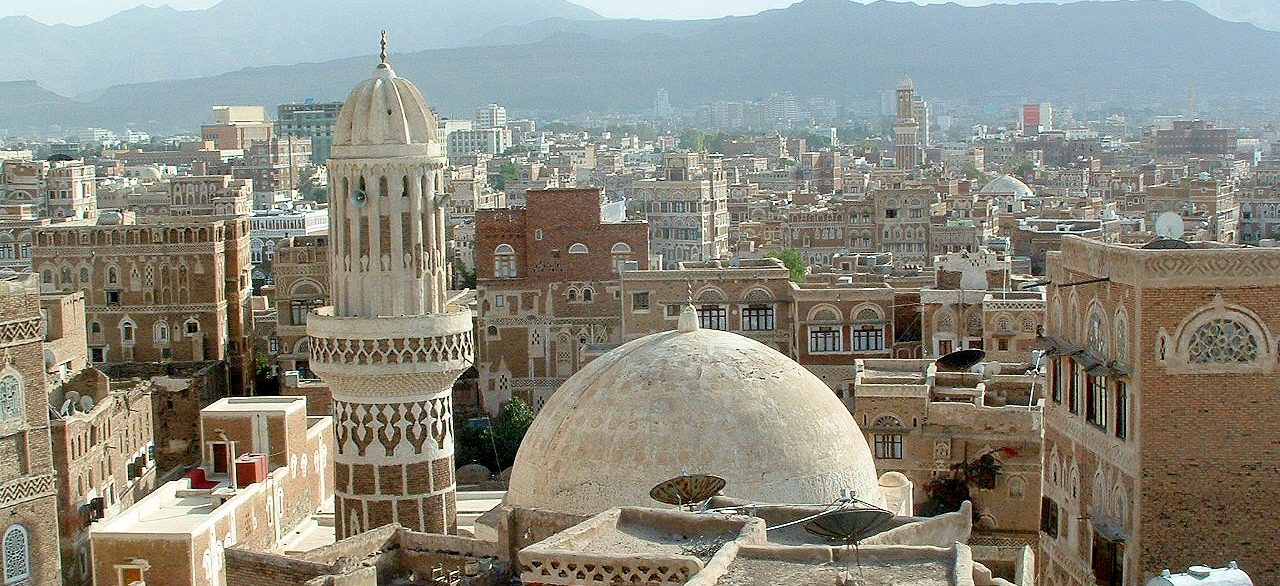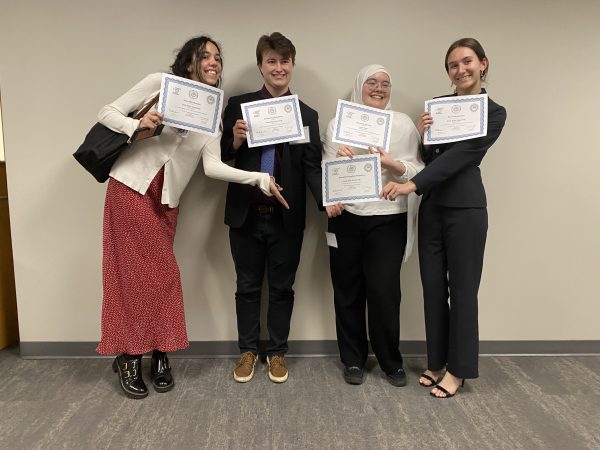The Department of World Languages and Cultures’ Middle Eastern Studies (MES) minor welcomed its first students in Fall 2020. The minor aims to provide students with an in-depth understanding of the history, politics, arts, cultures, and languages of the Middle East. Students who enroll in the minor will not only get a chance to expand their geographic, intellectual, and cultural horizons but will get valuable training that will prepare them for potential careers in education, international business, law, foreign service, the military, national security, intelligence, and non-governmental organizations operating in or focusing on the Middle East, as well as inter-governmental organizations such as the United Nations and its many agencies.
The Middle Eastern Studies minor also hopes to foster a sense of community and provide an intellectual platform for both faculty and students who are interested in or do research within the Arab world, North Africa, the Arabian Peninsula, Iran, and Turkey. Aside from the courses and career paths mentioned above, the minor can serve as a focal point for organizing conferences, talks, and cultural events related to the region. MES also functions as a hub of exchange between the local community and Iowa State’s vibrant international student population.


